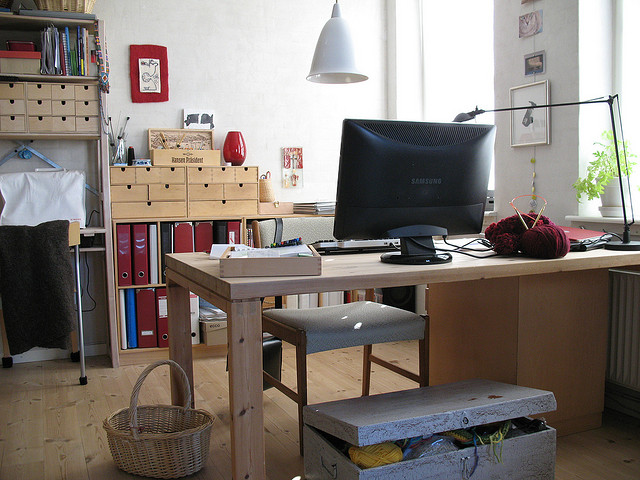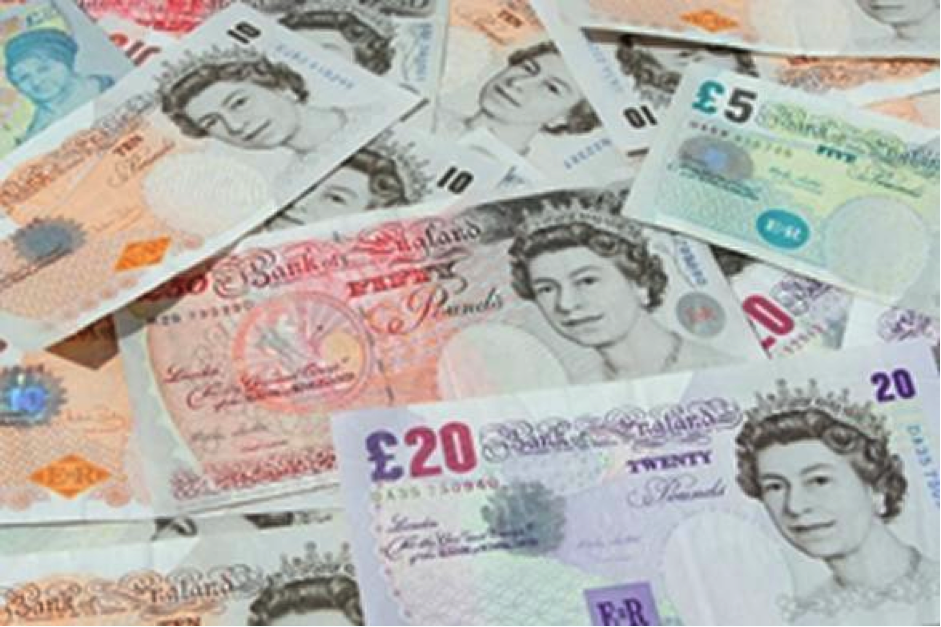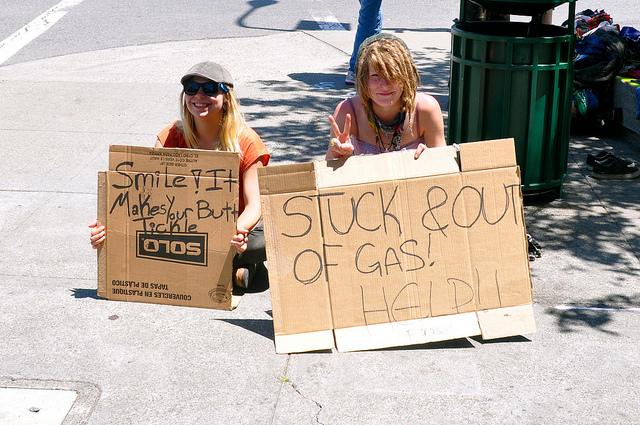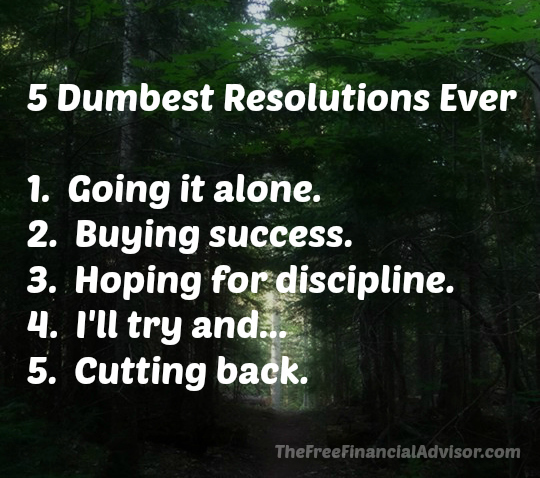While your dad might be one of the most important people in your life, he is undoubtedly also one of the hardest to buy for. When it comes to Father’s Day, the challenge of gifting your dad the quintessential gift can be a struggle. How do you get your dad something that conveys your appreciation, gratitude and love? More importantly, how do you get him something he will actually appreciate and hopefully not exchange? Here are some perfect gifts to make any dad feel like #1 on Father’s Day.
Techie Dad
If your first memories with your dad involve something like disassembling a radio just to see how it was put together, then your dad is probably techie. As with most tech fanatics, buying them a gift that will impress them is tough. They already own the computer, the SLR and every edition of PhotoShop. Due to their extreme devotion, they also own the brand new iPad, the MacBook Air and all the accoutrements. But, do they own the new Apple iWatch? While yes, this may be a little spendy (prices start at $399), you might consider amending the spend considering he put up with your teenage years. Just think about how incredible it will be to give your tech dad the one gift he wants, but won’t buy for himself. Yes, you’ll win best child of the year.
Grill Master
If you dad is less of a tech fan and more a fan of being outdoors with his grill, impress him with the Napa Jack’s Barbeque Blast Gourmet Gift Basket from FTD. This awesome collection includes sauces, rubs and BBQ-themed snacks and is certain to dazzle anyone who enjoys spending their time perfecting their grilling technique. With its grill case and reasonable price, this is a gift that makes an impact without hurting your wallet.
Golf Dad
Golf dads might seem like they’re easy to buy for: a box of golf balls, a new polo, a round at his favorite course. But step out of the box this year and get dad something a bit more creative. Pro or not, everyone loses golf balls. And dad would probably appreciate some help finding them. These golf ball locating glasses from Hammacher Schlemmer are less than $40 and offer the tech advantage that will get your dad extra excited to hit the greens.
Beer Lover
What dad isn’t a fan of beer? While every dad has his own set of discerning tastes, it is easy to get a smile out of your beer-loving dad with a case of his favorite, or even a selection of new beers from around the world. This year, try the unexpected with a gift that keeps on giving. Gift your dad a subscription to a beer of the month club for only $40 a month, not only will dad get to try a new beer every month, he will feel the love all year long. If your dad is more the hands-on type, try a beer making kit (starting at $70) that will allow him to create his very own distinct brand of brew.
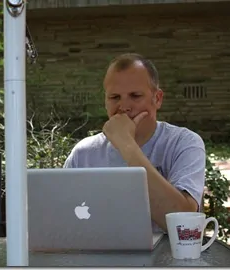
Joe is a former financial advisor and media representative for American Express and Ameriprise. He was the “Money Man” at Detroit television WXYZ-TV, appearing twice weekly. He’s also appeared in Bride, Best Life, and Child magazines, the Los Angeles Times, Chicago Sun-Times, Detroit News and Baltimore Sun newspapers and numerous other media outlets. Joe holds B.A Degrees from The Citadel and Michigan State University.


